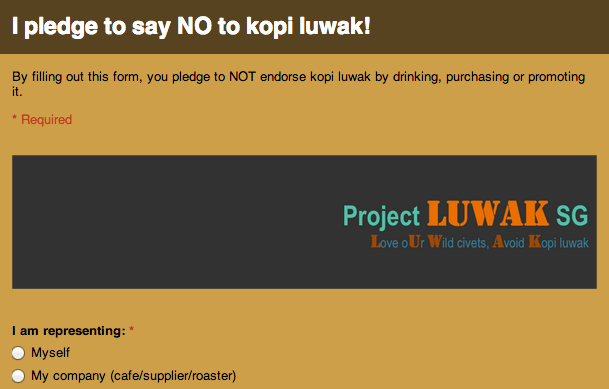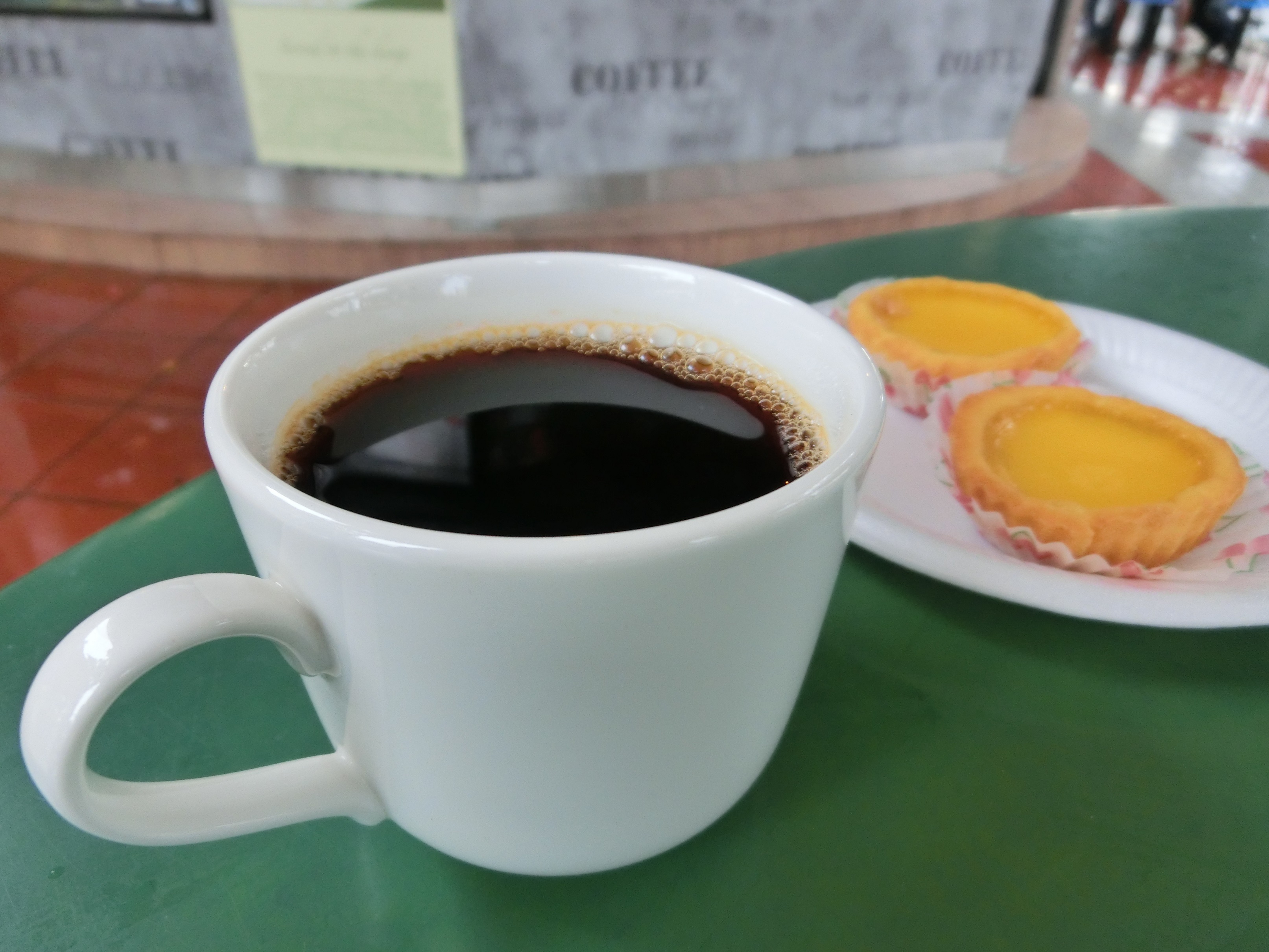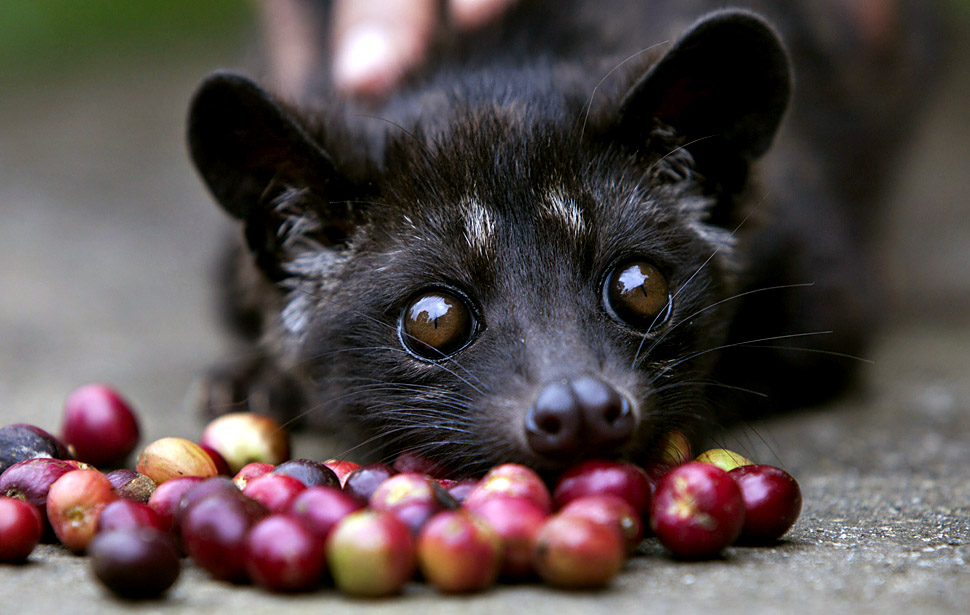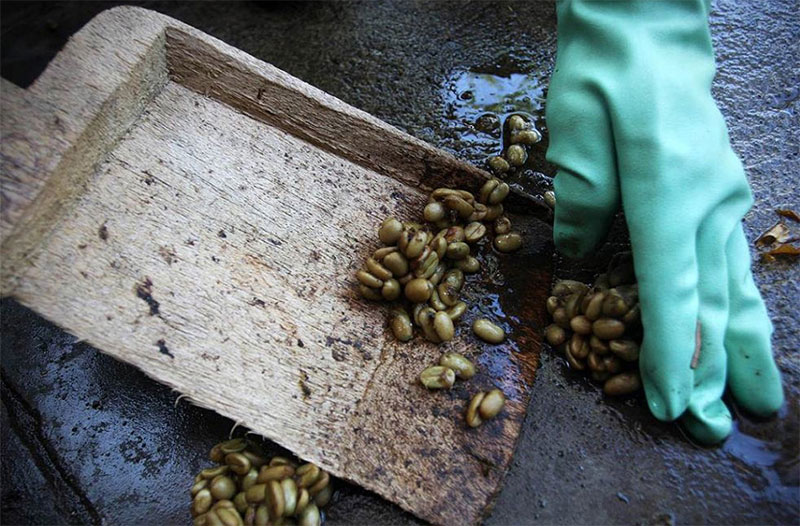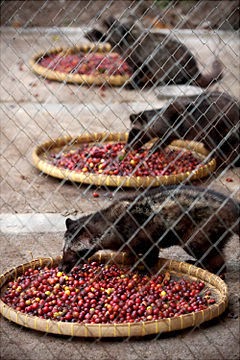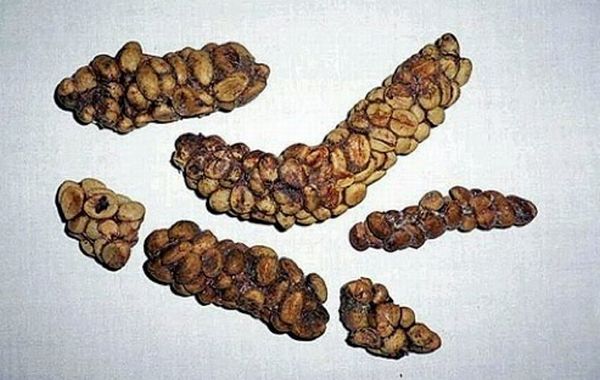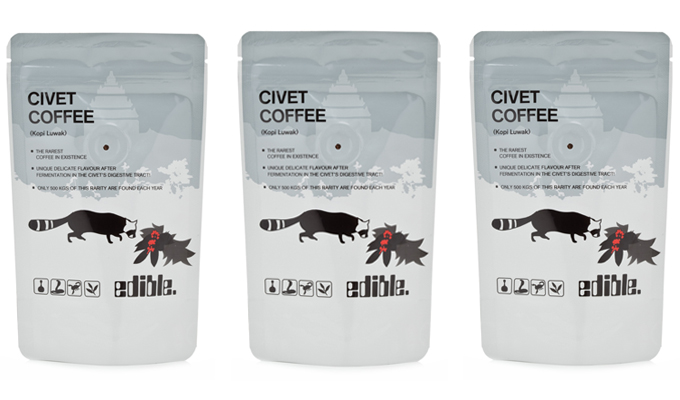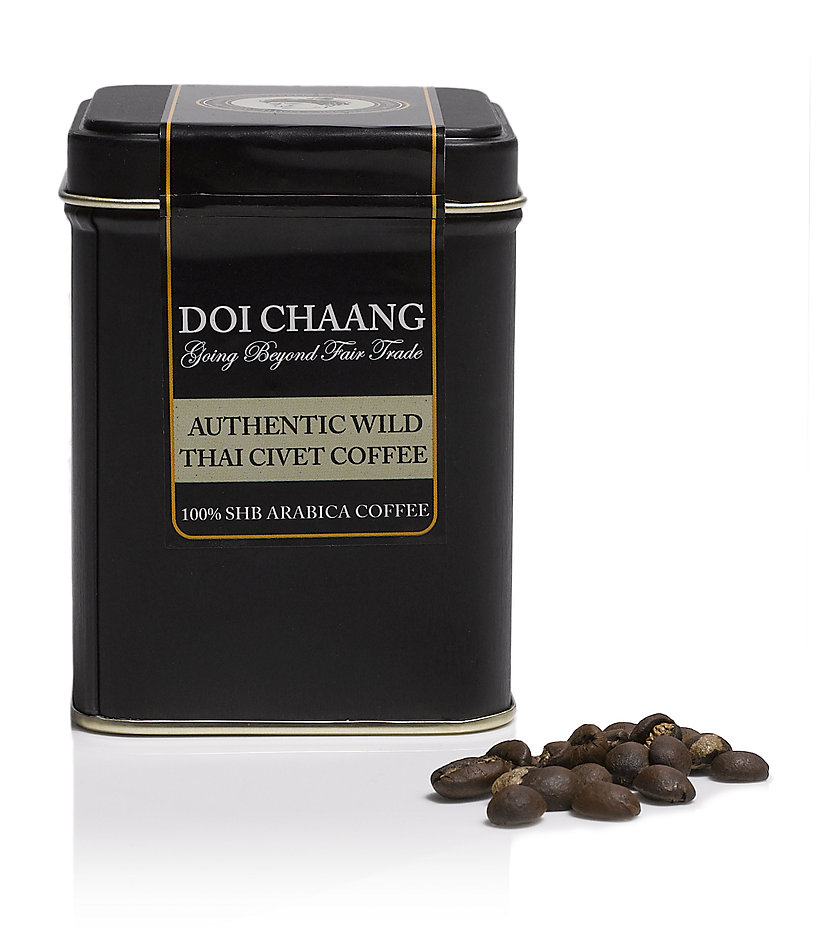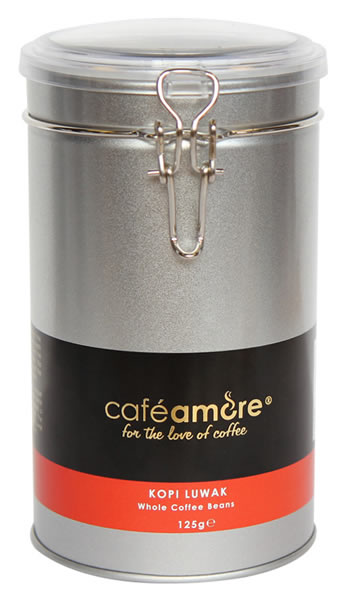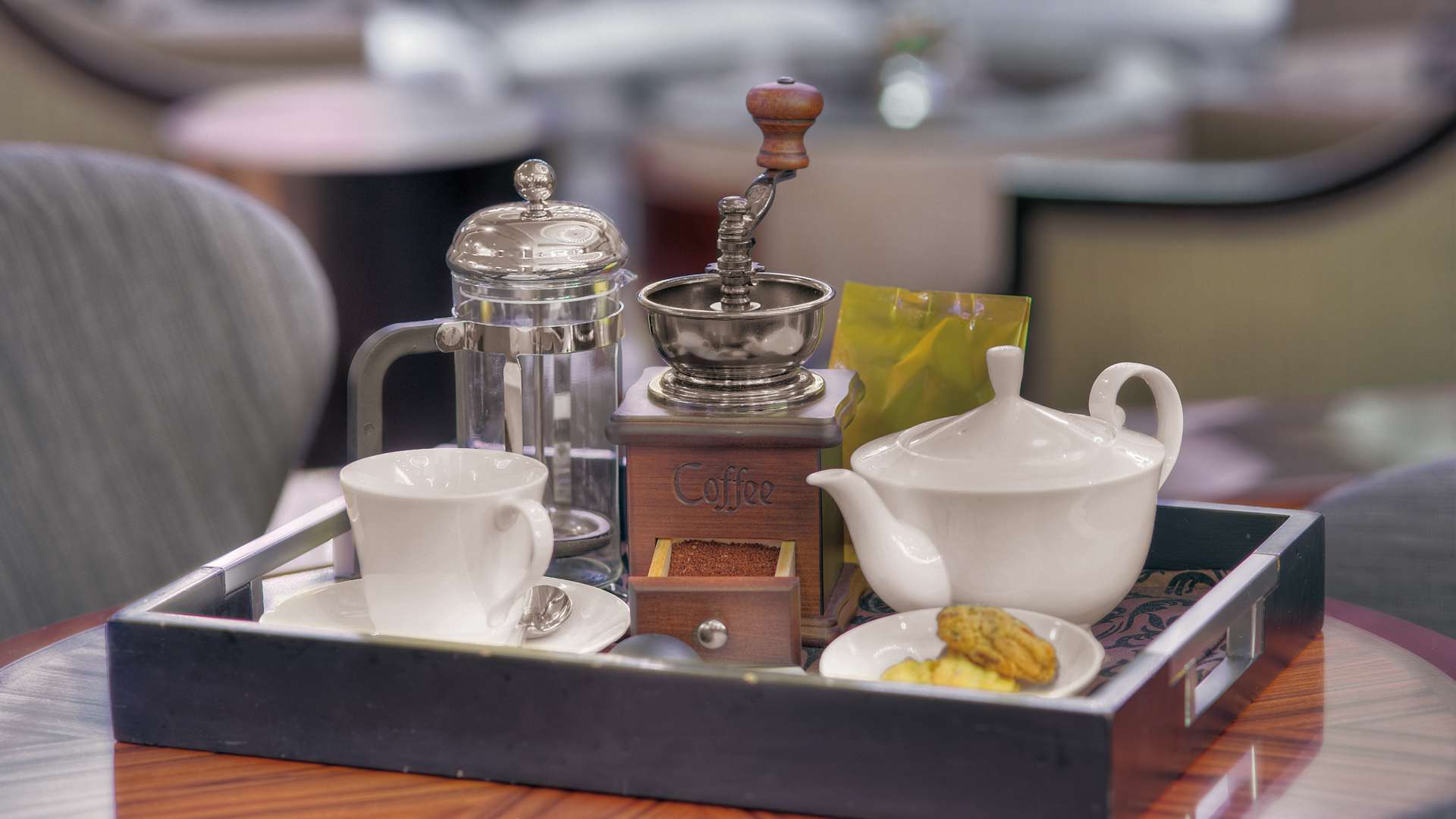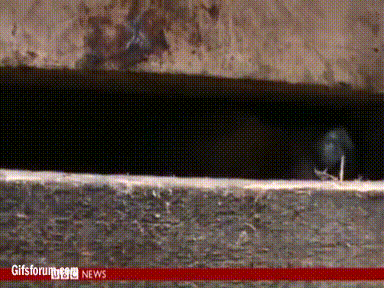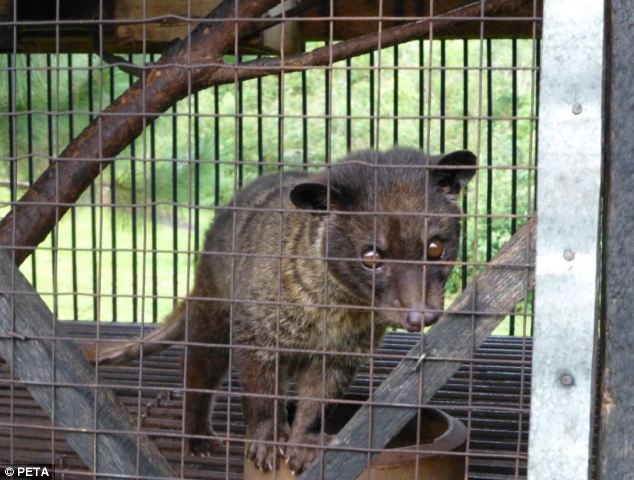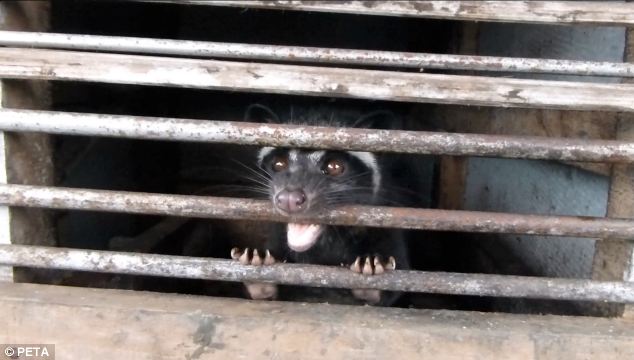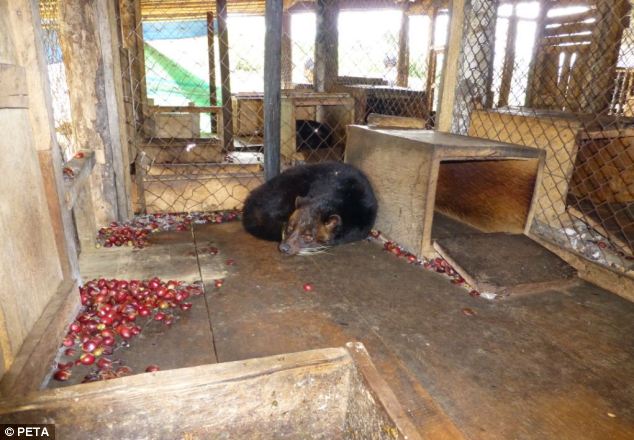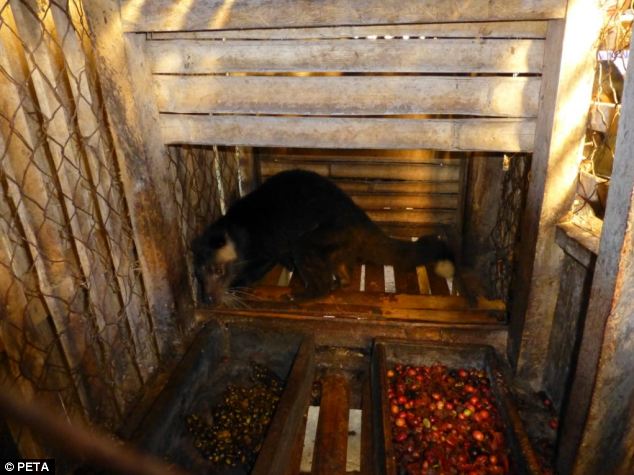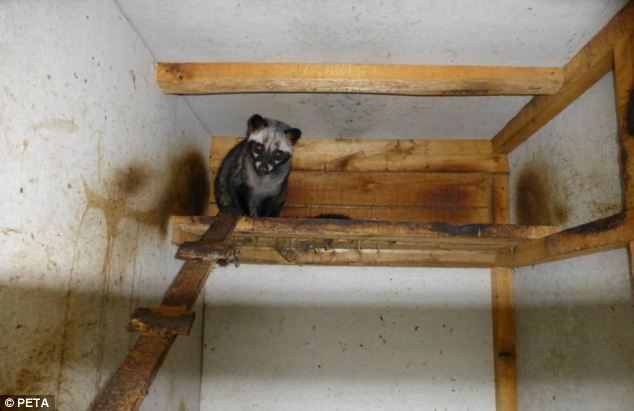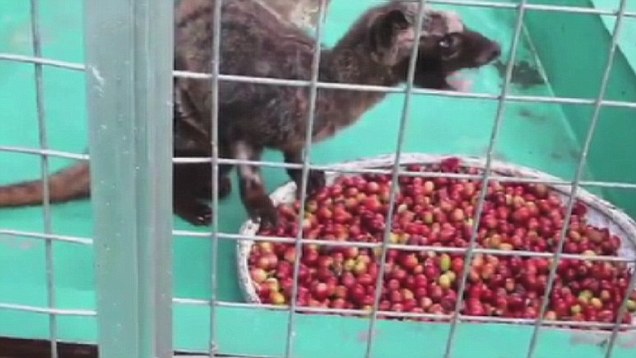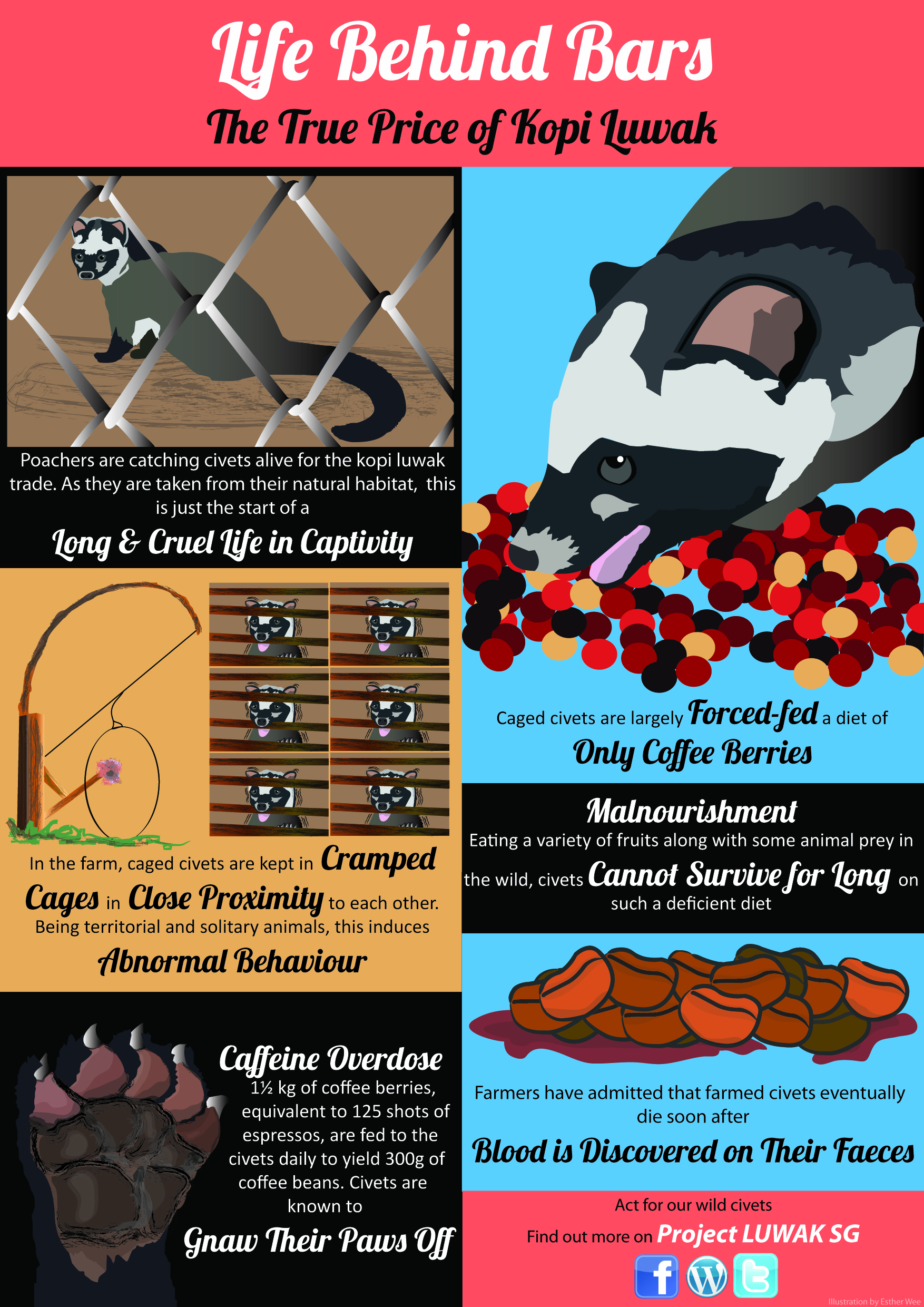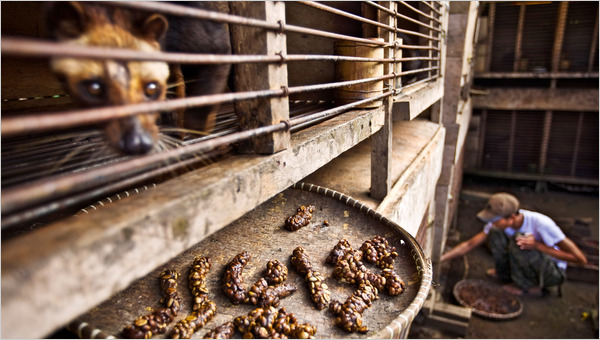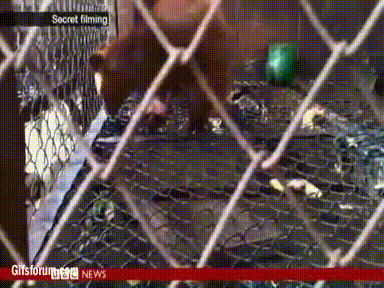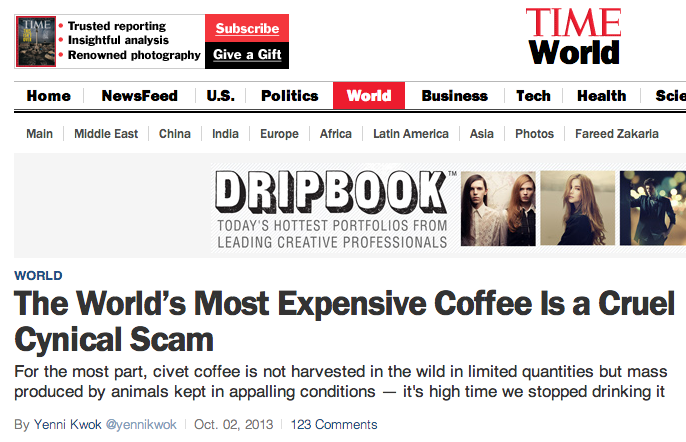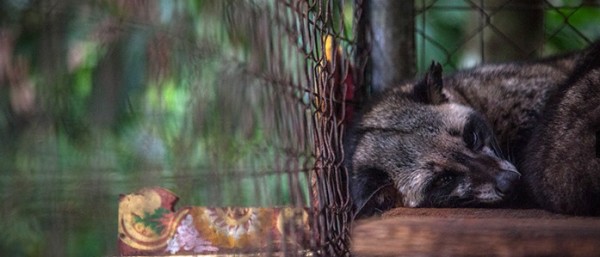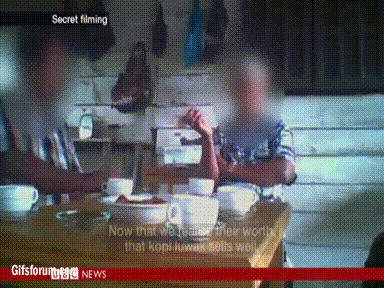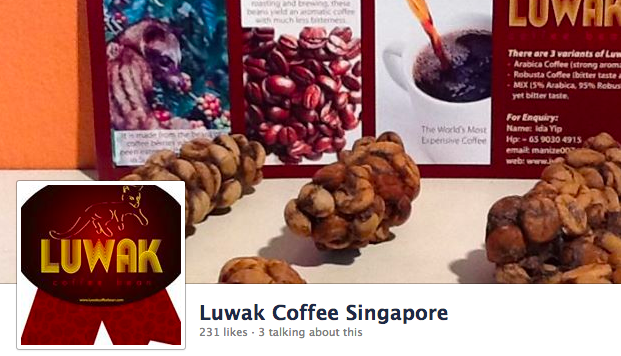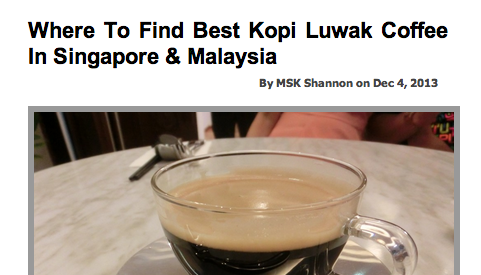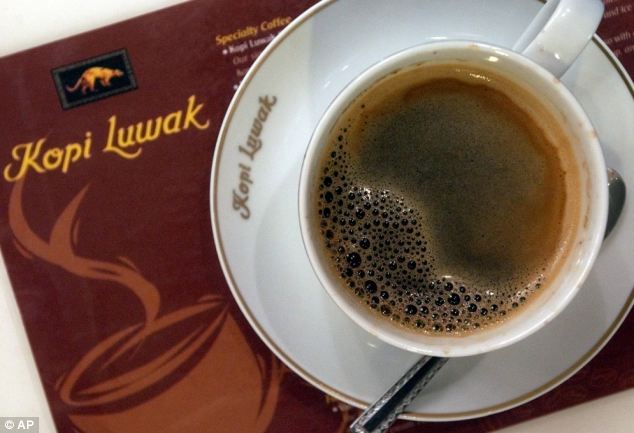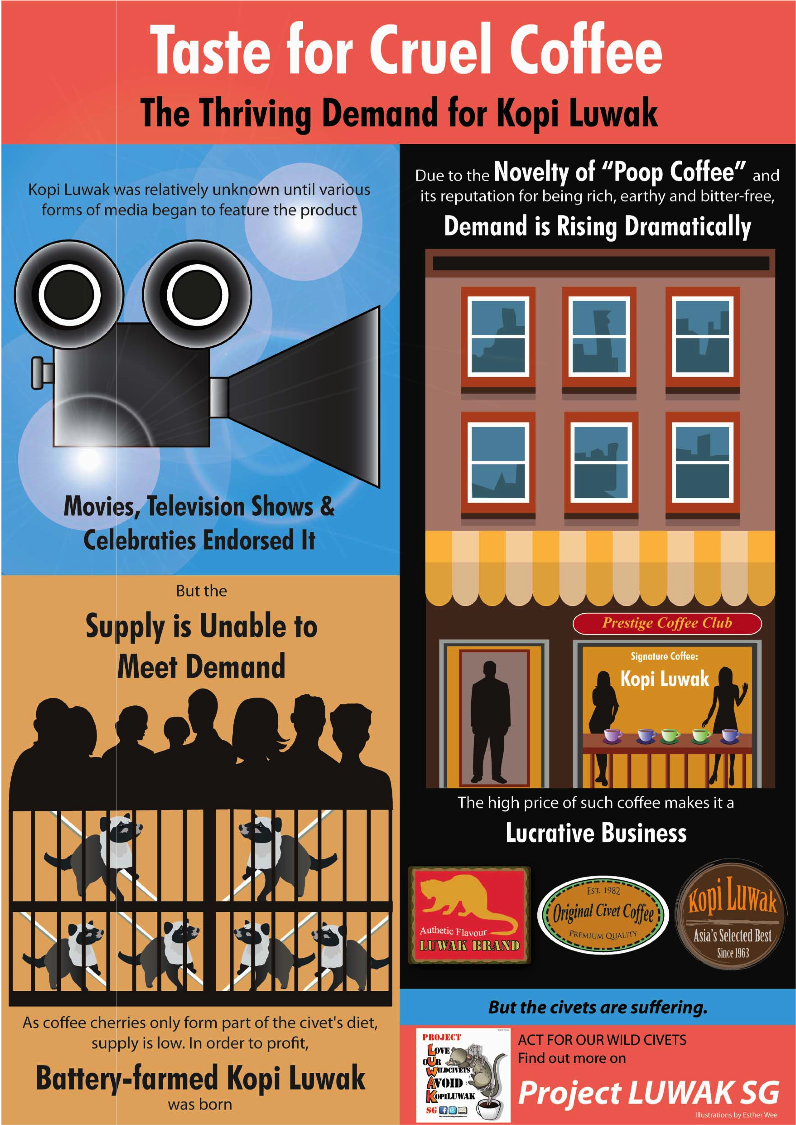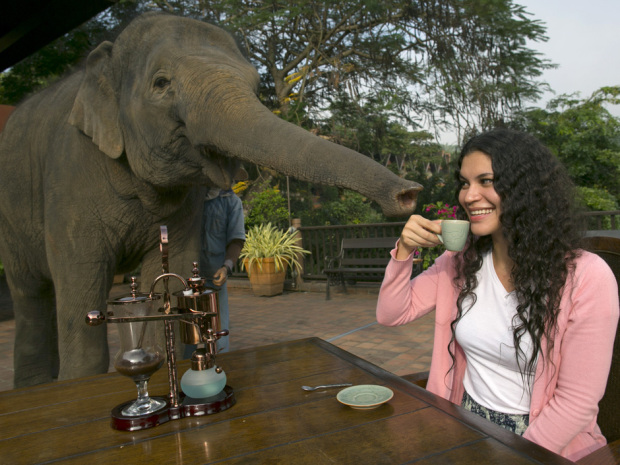Why This Group Is Getting People To Pledge Against Kopi Luwak
Find out why Project Luwak Singapore is trying to generate awareness about the kopi luwak trade in Singapore.
An Initiative Called 'Project Luwak Singapore' Is Getting People To Pledge Against Kopi Luwak
By filling out this form, you pledge to NOT endorse kopi luwak by drinking, purchasing or promoting it.
The Movement Aims At "Generating Awareness About The Kopi Luwak Trade In Singapore"
"It is said that this passage through the civet's gut and past the anal scent glands give kopi luwak a good aroma."
 facebook.com
facebook.com
"Kopi luwak is a highly prized type of coffee that is collected from the droppings of the luwak (Common Palm Civet, Paradoxorus hermaphroditus). These animals are believed to select and eat the best coffee berries, passing out the undigested stones - coffee beans."
 facebook.com
facebook.com
Kopi Luwak Has Been Called The World's Most Expensive Coffee That Is Made From Coffee Beans Excreted By Civet Cats
Up-Market Shops Sell The Beans For Over RM1,600/kg
The shocking conditions were discovered by animal investigators on farms in Indonesia and the Philippines which produce the much sought-after kopi kuwak, sold in Harrods and which can cost up to £60 a cup in some restaurants.
dailymail.co.ukKopi Luwak Has Been Notoriously Linked To The Ill Treating Of Civets Through Battery Cage Systems Where The Animals Are Forced Fed Coffee Beans
Civets Are Shy And Solitary Animals That Spend Their Days Sleeping In Dense Vegetation And Foraging At Night
A civet cat on a farm in Indonesia. An investigation found the animals, which produce the sought-after kopi kuwak coffee, suffer in appalling conditions.
Image via dailymail.co.ukInvestigators from People for the Ethical Treatment of Animals found cats injured, pacing and showing signs of depression.
Image via dailymail.co.ukThe animals are fed vast amounts of berries, which help produce the rich and distinctive flavour of the beans.
Image via dailymail.co.ukThe final product is often sold as 'wild' - but these images prove the cats are anything but free-range.
Image via dailymail.co.ukThis cat looks particularly unhappy as it peers into the camera lens of an animal cruelty investigator.
Image via dailymail.co.ukCivets that are caught are then confined to small battery cages. To minimize the space required, cages are stacked on top of each other. This is problematic on several levels.
To Increase The Yield Of Kopi Luwak, Captive Civet Cats Are Often Fed Nothing But Coffee Beans When In Reality, Coffee Beans Make Up Only A Small Percentage Of Their Diets
To satisfy global demand, many suppliers keep captured civets in cages and feed them almost exclusively on coffee cherries.
They feed mainly on fruits and occasionally, on small animals such as birds, reptiles and insects. This result in captive civets being malnourished; many suffer from fur loss, pass blood out in their faeces and will eventually die.
Civets That Are Confined To Small Cages Stacked On Top Of Each Other Causes The Animal Stress And May Result In Stereotypical Behaviour Such As Pacing, Fights And Paw Gnawing
A civet farm in Liwa, a town in Sumatra, where the catlike animals eat coffee cherries. Their droppings contain coffee beans fermented in their stomachs.
Image via nytimes.comHaving so many civets in such a small area causes stress and may result in stereotypical behaviour such as pacing, fights and even paw gnawing. The cages that they are kept in are also bare and they do not have a suitable place to rest in the day.
Enduring appalling living conditions and an unhealthy diet, these nocturnal omnivores suffer mental distress — incessantly pacing and gnawing on their limbs — and succumb to illness and death.
In October 2013, Time Called Called The World's Most Expensive Coffee A "Cruel Cynical Scam"
In the past 10 years, kopi luwak has won the hearts — and wallets — of global consumers. A cup sells for $30 to $100 in New York City and London, while 1 kg of roasted beans can fetch as much as $130 in Indonesia and five times more overseas.
The ultimate in caffeine bling is civet coffee packed in a Britannia-silver and 24-carat gold-plated bag, sold at the British department store Harrods for over $10,000. The justification for these exorbitant prices? A claim that kopi luwak is sourced from wild animals and that only 500 kg of it is collected annually. The claim is largely nonsense.
Kopi Luwak, However, Farmers Believe They Are 'Luwak Rescuers' - The Animals Used To Be Killed To Prevent Them From Eating Crops
In UK, Leading Retailers Have Stopped Selling The Luxury Cat Dung Coffee Following Concerns About The Impact On The Civet Cats That Are Crucial To Its Production
Indonesian farmers found the cats harvested high-quality beans as they only feed off high-quality ingredients.
Image via dailymail.co.ukA spokesman for Selfridges said the company previously sold civet coffee from a small sustainable supplier, however it has now decided to permanently remove it from shelves.
dailymail.co.ukNow Selfridges has decided to remove the exclusive and highly prize coffee from shelves following concerns about the impact on the civet cats that are crucial to its production. Selfridges had sold the product, sourced from a small supplier, until October 2013.
dailymail.co.ukThe Project Luwak Singapore Is A Campaign To Encourage Consumers Not To Drink Or Purchase Kopi Luwak
Project Luwak Singapore is a campaign to encourage companies (cafes/retailers/suppliers/roasters) in Singapore to not endorse kopi luwak and also raise awareness among coffee retailers and consumers in Singapore about the cruelty behind kopi luwak.
Two Years Ago, Elephant Dung Coffee Became The World's Most Expensive Coffee, Costing Around RM3,600/kg
Meena, a six-year-old elephant, investigates as Miki Giles from Hong Kong tastes Black Ivory Coffee.
Image via financialpost.comIn the lush hills of northern Thailand, a herd of 20 elephants is excreting some of the world’s most expensive coffee. Stomach-turning or oddly alluring, this is not just one of the world’s most unusual specialty coffees. At $1,100 per kilogram ($500 per pound), it’s also among the world’s priciest.
